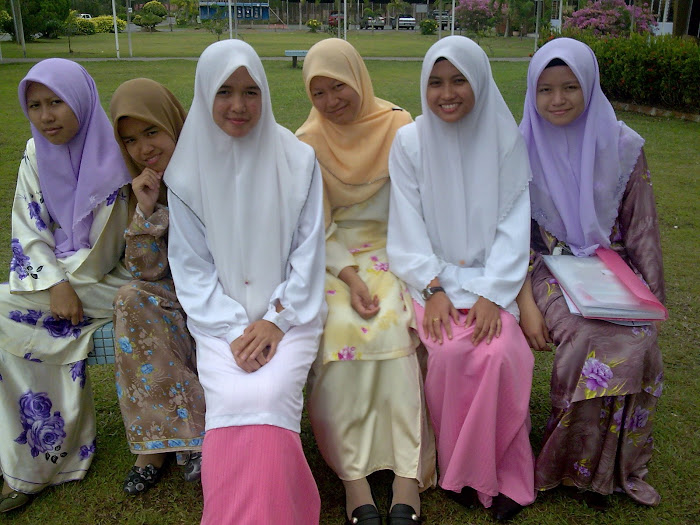Child development refers to the process in which children go through changes in skill development during predictable time periods, called developmental milestones. Developmental delay occurs when children have not reached these milestones by the expected time period.
Developmental delays can occur in all five areas of development or may just happen in one or more of those areas :
- Cognitive Development : This is the child's ability to learn and solve problems.
- Social and Emotional Development : This is the child's ability to interact with others, including helping themselves and self-control.
- Speech and Language Development : This is the child's ability to both understand and use language.
- Fine Motor Skill Development : This is the child's ability to use small muscles, specifically their hands and fingers, to pick up small objects, hold a spoon, turn pages in a book, or use a crayon to draw.
- Gross Motor Skill Development : This is the child's ability to use large muscles. For example, a 12-month-old baby learns to pull up to a stand holding onto furniture, and a five-year-old learns to skip.
Risk factors for developmental problems fall into two categories:
• Genetic
• Environmental
Children are placed at genetic risk by being born with a genetic or chromosomal abnormality. A good example of a genetic risk is Down syndrome, a disorder that causes developmental delay because of an abnormal chromosome.
Environmental risk results from exposure to harmful agents either before or after birth, and can include things like poor maternal nutrition or exposure to toxins or infections that are passed from a mother to her baby during pregnancy (e.g., measles or HIV).
How is a developmental delay identified?
Developmental delay is identified through two types of play-based assessments:
• Developmental Screening
• Developmental Evaluation
A developmental screening purpose is to identify children who are in need of further evaluation. A screening test can be in one of two formats, either a questionnaire that is handed to a parent or childcare provider that asks about developmental milestones or a test that is given to your child by a health or educational professional.
A developmental evaluation is a long, in-depth assessment of a child's skills and should be administered by a highly trained professional, such as a psychologist. Evaluation tests are used to create a profile of a child's strengths and weaknesses in all developmental areas.
What can you do if you are concerned that your child may have a developmental delay?
If you are concerned that your child may have a developmental delay, it is important to talk with your child's doctor. Your child's doctor can talk with you, examine your child, and refer you to agencies that help to screen or evaluate children for developmental delay. If your child's doctor does not know of such an agency or if you are more worried than your doctor, you can seek help on your own.


